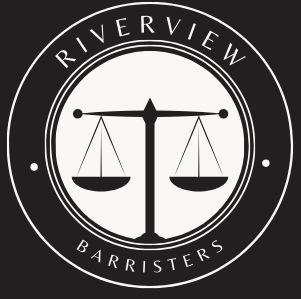Many states have laws and regulations concerning workers’ comp lawyers’ fees in an effort to make it easier for injured workers to access benefits without incurring upfront costs.
Workers’ comp cases involve fees that are usually taken directly out of ongoing benefits; this blog aims to address who pays attorney’s fees when applicable and when these may arise.
Statutory Fees
Workers’ compensation lawyers don’t charge upfront fees like their personal injury counterparts do – instead they are reimbursed for expenses related to furthering a case, such as medical records and reports or interpreter services fees.
Workers’ comp lawyer fees are limited by law and generally cannot exceed 15 percent of any permanent disability award you receive or one-third of weekly workers’ comp checks.
If your case requires an appeal to the Department of Industrial Accidents or you successfully defend against an insurance company’s attempt to terminate or reduce your benefits, a judge will order them to cover your attorney’s fees. At your hearing they will be reviewed and set; then deducted directly from checks or settlement checks as part of what’s known as “statutory fee arrangement”, unlike traditional hourly fee agreements which are strictly regulated by state governments.
Contingency Fees
Injury victims often struggle to afford the legal fees necessary to pursue compensation following workplace injuries. Contingency fees provide access to expert representation without incurring large upfront financial commitments for legal services.
An experienced workers’ comp lawyer can take on the burden of negotiating with insurance companies and paperwork so injured workers can focus on recovery. Furthermore, they can offer vital support should their claims be denied; their extensive legal knowledge provides invaluable help when appealing.
Prospective clients evaluating a contingency fee quote should ask about any potential additional costs that may be incurred throughout their case, such as travel expenses or fees to obtain medical records. This allows them to budget appropriately, avoiding unexpected expenses that may stretch their finances post-settlement. It is also an opportune moment to review minimum or maximum statutory fee percentages set by their state government.
Medical Expenses
Under workers’ comp law, your workers’ comp settlement should cover any reasonable and necessary medical treatment related to your work injury, such as doctor’s visits, prescription medication, physical/occupational therapy sessions or equipment purchases; mileage expenses related to attending appointments; as well as any travel-related expenses.
Workers’ comp insurance should cover any necessary travel costs associated with doctor’s visits, including airfare, train tickets or taxi rides. Furthermore, workers’ compensation also covers funeral costs should you be fatally injured on the job.
If you have experienced a work-related injury, arrange for a free consultation with an experienced Brooklyn workers’ compensation lawyer. No direct payments need to be made as their fee will come out of any settlement or benefits received; this ensures you will get the best representation to maximize your recovery and ensure maximum compensation is awarded to you. Call today and begin the process!
Settlement
At the conclusion of your workers’ compensation case, your employer and its insurance provider will likely offer some form of settlement payment; this could include either a lump sum or structured annuity plan. By accepting this offer, you agree to close out the claim and free both your employer and its provider from future benefits responsibility.
Workers’ compensation lawyers must also carefully manage how much they charge for extra services such as gathering medical evidence such as supporting opinions from qualified medical professionals and obtain evidence to substantiate claims against an agency prior to incurring additional fees. Any fees must first be approved by that body before incurring them.
Reputable workers’ comp attorneys typically charge contingent fees, meaning they only get paid if they successfully recover compensation on your behalf. Attorneys can request a hearing to request an increase in fees which must be approved by an agency or judge who will consider all relevant rules and regulations when making their decision on such an increase.
